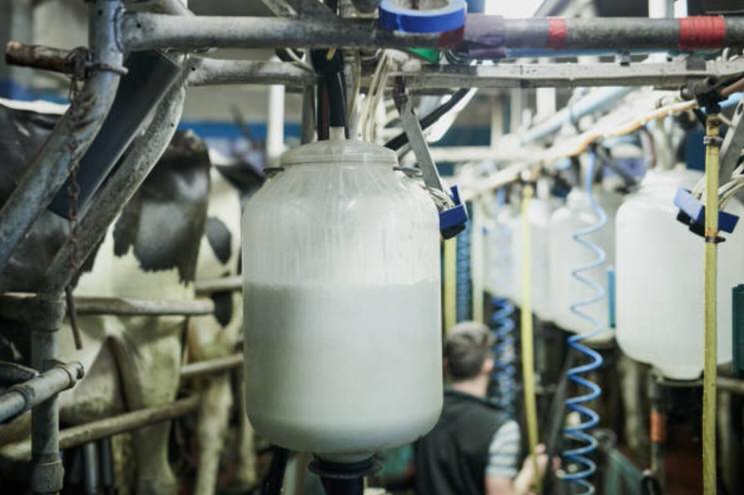Are you considering the possibility of giving up cow’s milk and opting for vegetable milks (or vegetable drinks)? We discover what happens with pasteurized cow’s milk and which option is better.

More and more people today have problems drinking pasteurized cow’s milk. Yes, those cans that they sell to us in any supermarket with supposed cow protein and also with calcium.
But perhaps, until a food or a drink does not begin to feel as good as before, only until that precise moment we had surely not thought about what we are taking or what we are ingesting.
Some people feel bloating or heaviness when drinking it and cannot go to bed without taking this product, allergies or digestive problems appear. What if you could get into the habit of drinking somewhat more ” healthy ” milk, would you?
Next we are going to know what happens with pasteurized cow’s milk, what benefits plant milk has on the body and what it consists of.
What happens in the pasteurization of milk?
The milk pasteurization process basically consists of a thermal process that is carried out in liquids with the aim of reducing the presence of pathogens such as some bacteria and yeasts that they may contain.
Both good or beneficial bacteria and not so beneficial bacteria are destroyed in addition to the enzymes that are necessary for us to absorb the nutrients.
Apart from pasteurization, another process occurs for which there is no known nutritional advantage, which is homogenization. It is another process in which fat globules (which are cream-shaped, and consist of small particles that are not separated from the rest of the liquid later) are broken.
As some research has been able to show, it seems that it is during this process that the breakdown of fats (or lipid molecules) causes the appearance of a good amount of free radicals, which become -in fact- the main causes of the reactions allergies that habitually originate the consumption of milk.
We can emphasize that taking free-grazing cow’s milk occasionally is not something harmful, what is somewhat less healthy is drinking pasteurized cow’s milk, processed and in which the cows have been injected with hormones and antibiotics.
What about vegetable drinks?
It is a drink that has a good amount of nutrients (such as protein) and calcium, although in less quantity than originally believed, so it is necessary and necessary to supplement it with other foods with a high calcium content. It is a less fat and at the same time heavy so it will be easier for your digestive system to digest.
Made with nuts, cereals, seeds and grains. In addition, it is also possible to make it with legumes, such as soybeans. From a nutritional point of view, they provide interesting properties as they are rich in good quality proteins. But, above all, the best of all is that they are made with natural products, and do not go through chemical processes during their production process, so that their nutritional content remains practically intact. A very positive aspect is that they can be made from home.
In summary … why can plant milk be more beneficial?
It is true that vegetable drinks (also popularly known as vegetable milks), can provide interesting health benefits.
Here we summarize the most important ones, compared to pasteurized cow’s milk:
- They do not contain lactose or cholesterol.
- It is a low fat product.
- It has a high percentage of mono and polyunsaturated fats that are beneficial for the heart.
- High content of B vitamins.
- It has a balanced relationship between Sodium and Potassium.
Of course, we must take into account what type of vegetable drink we buy and read the nutritional labeling of it well , since in many cases we can find an apparent vegetable drink that has little amount of grain, cereal or seed, and a high amount of sugar































